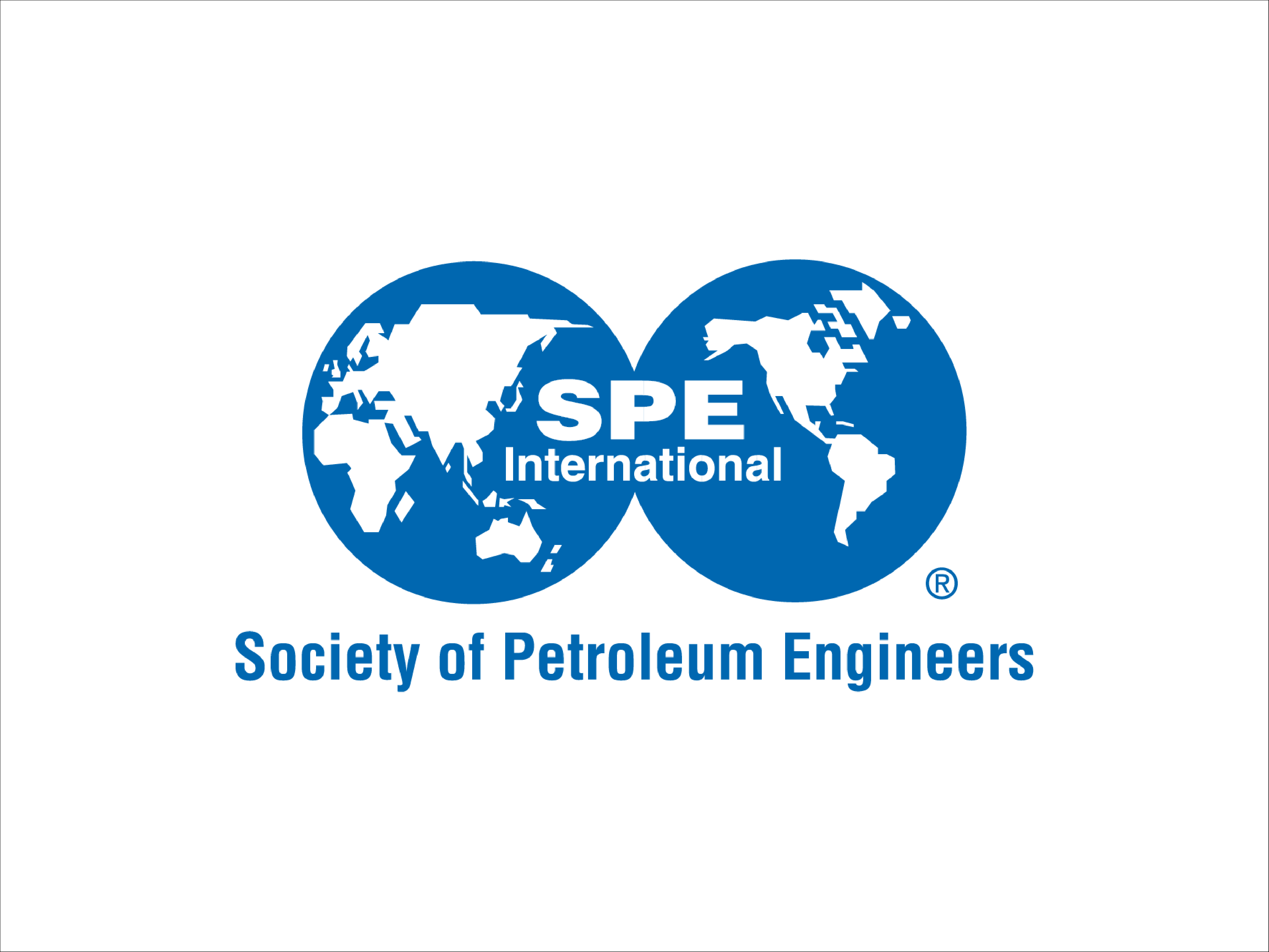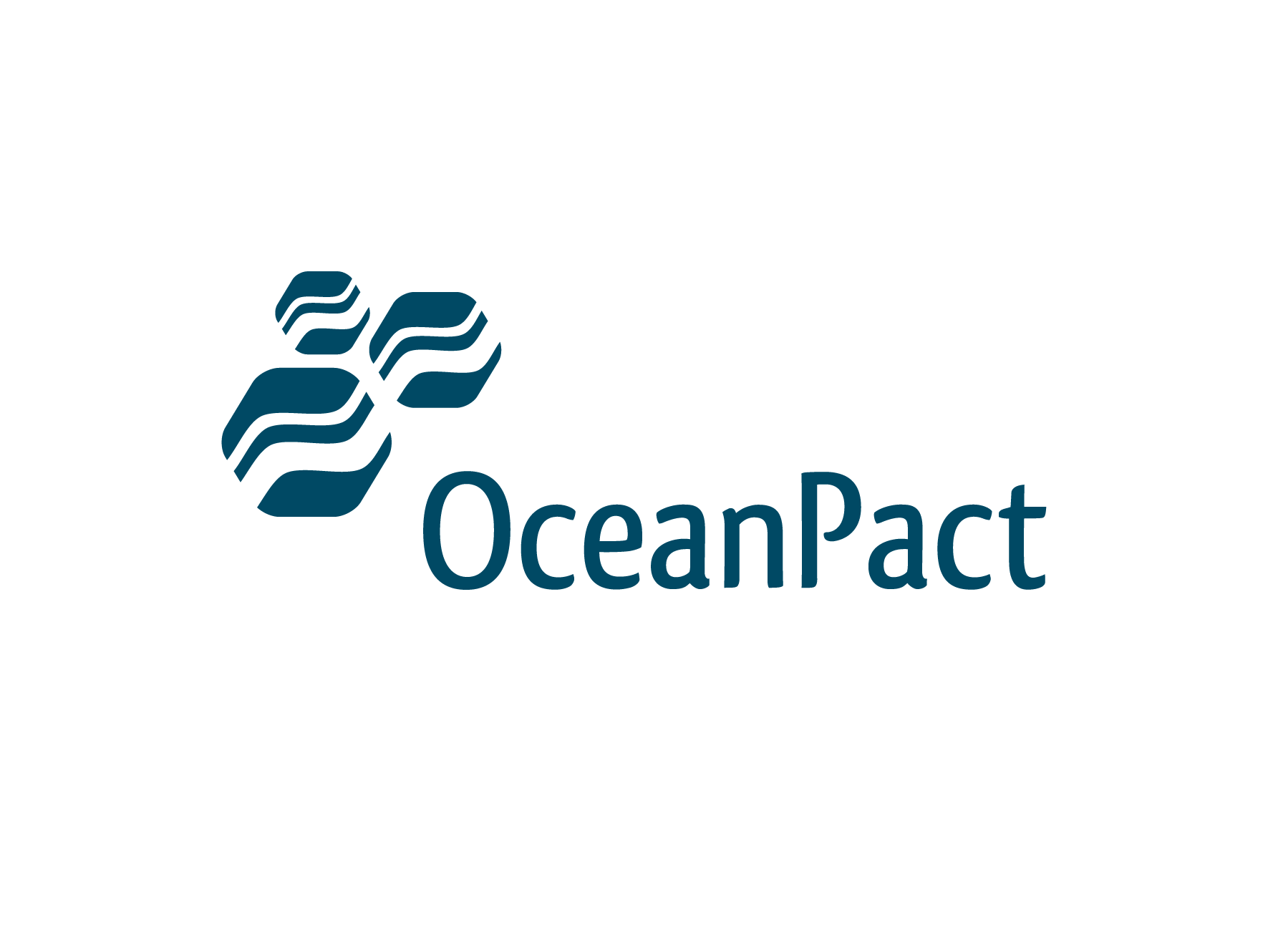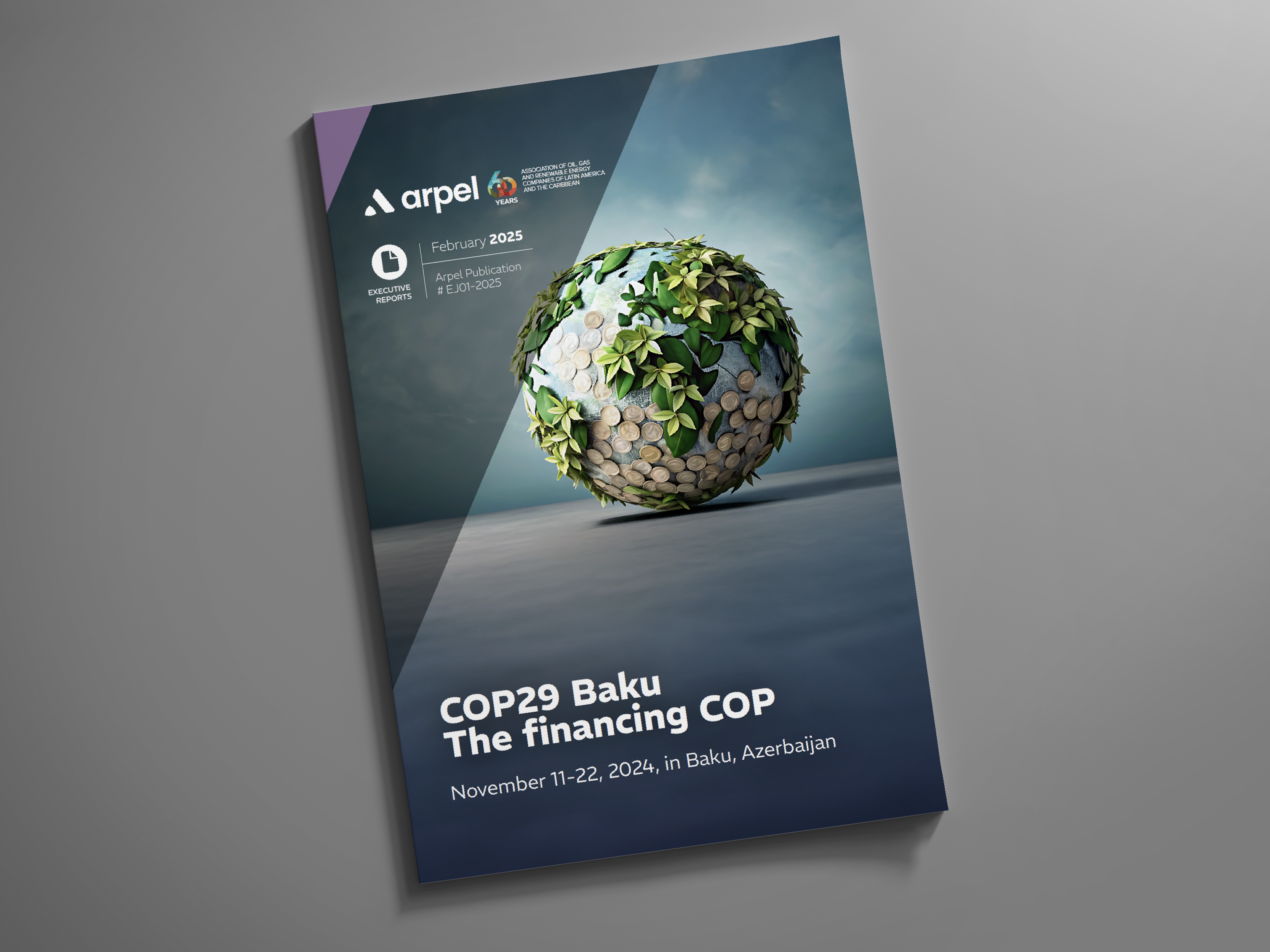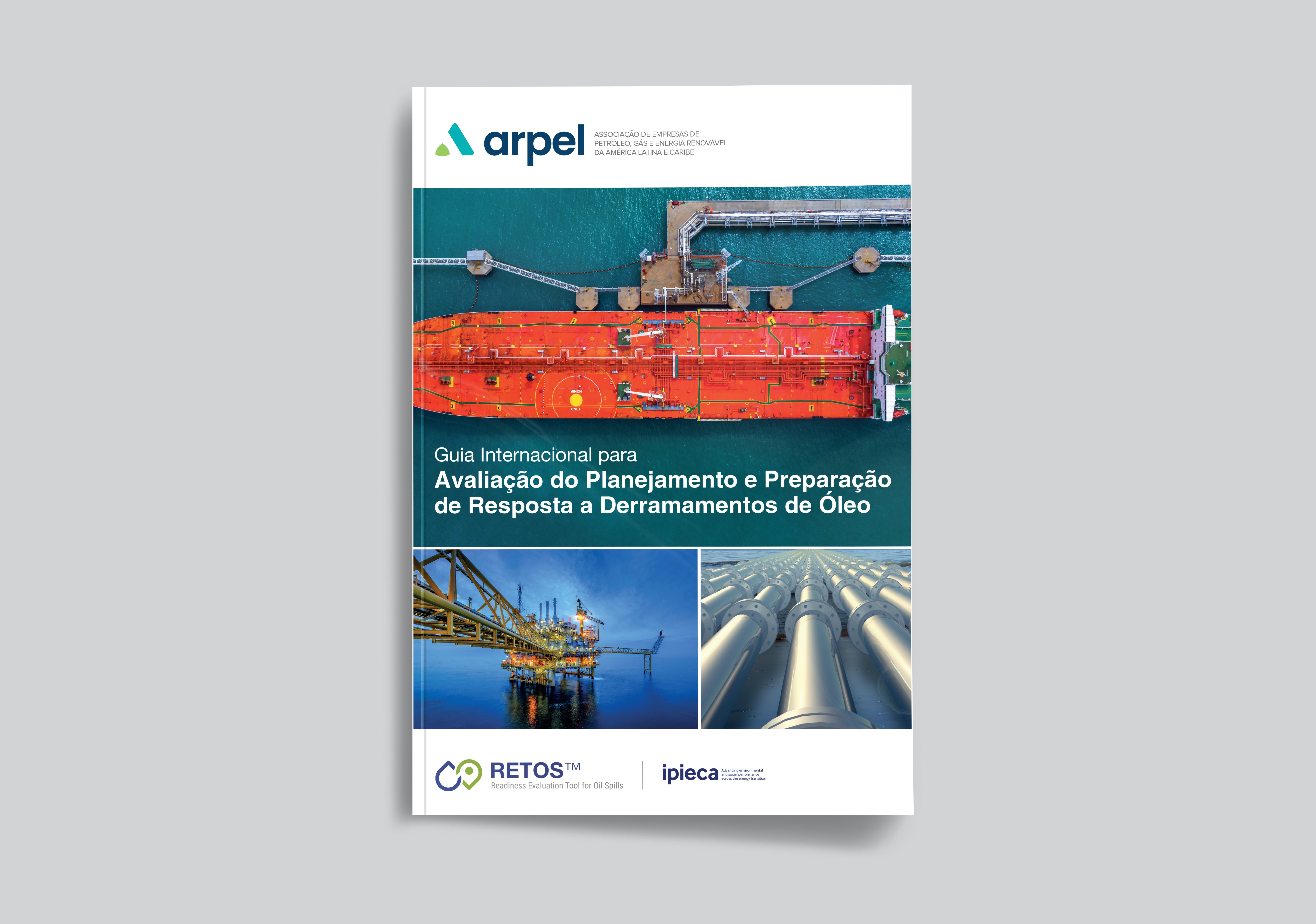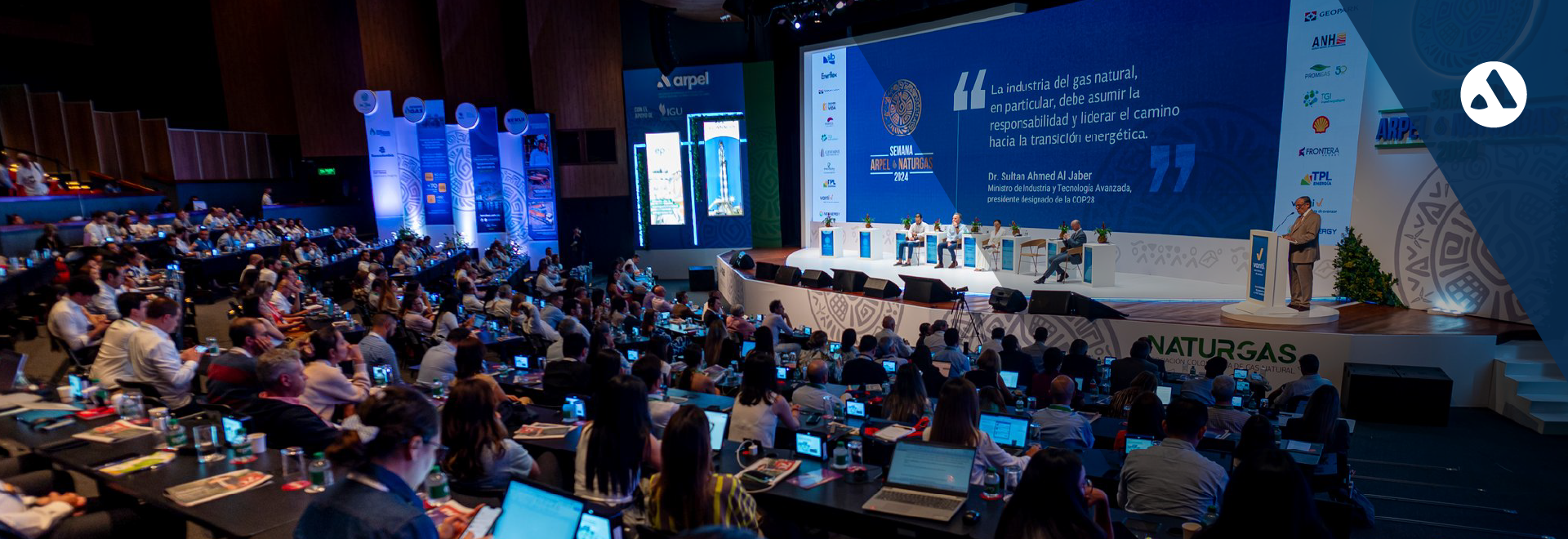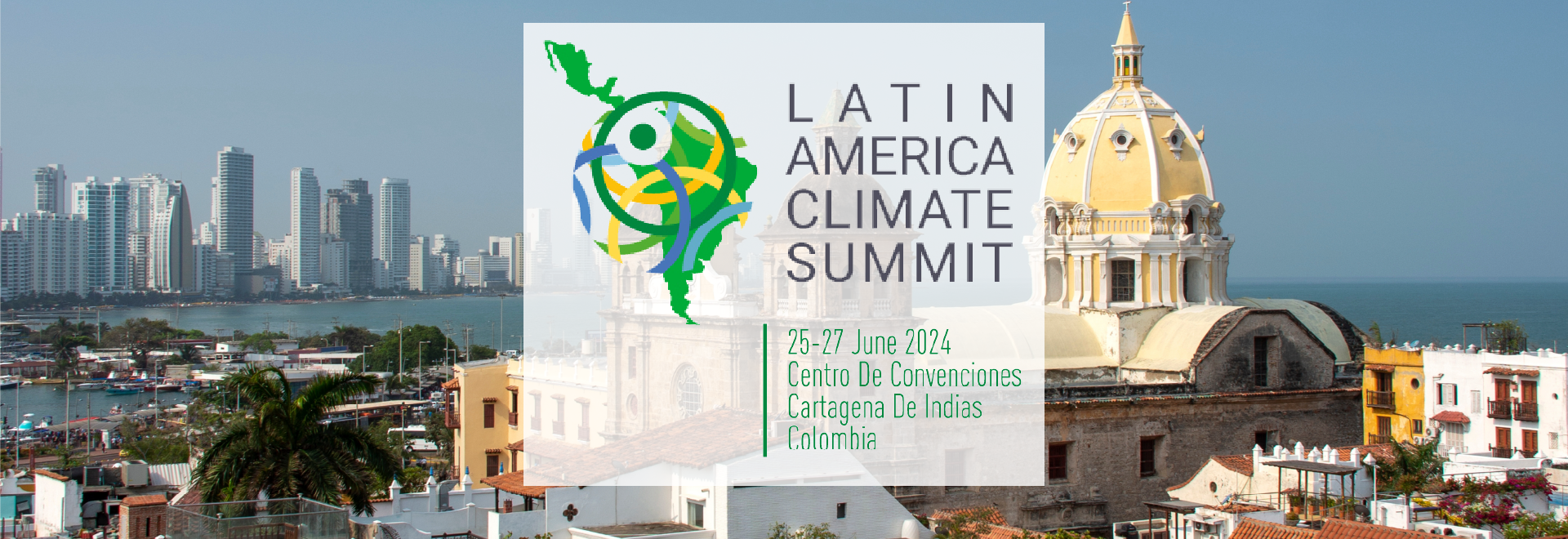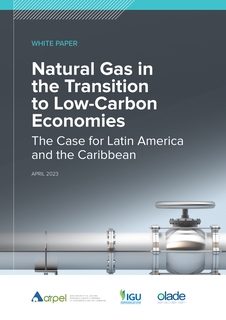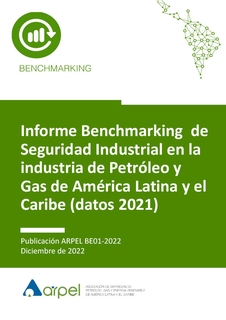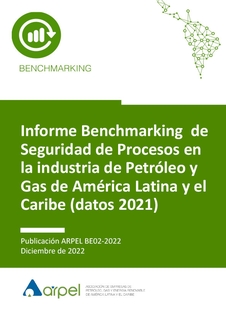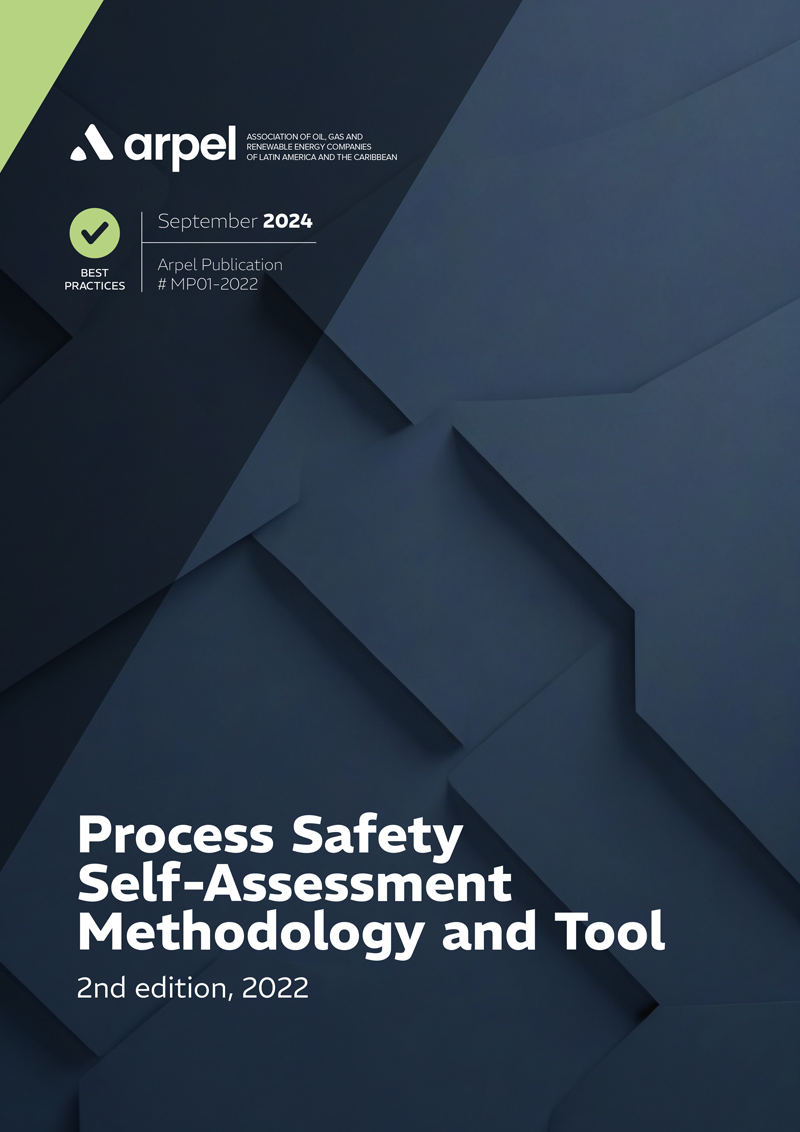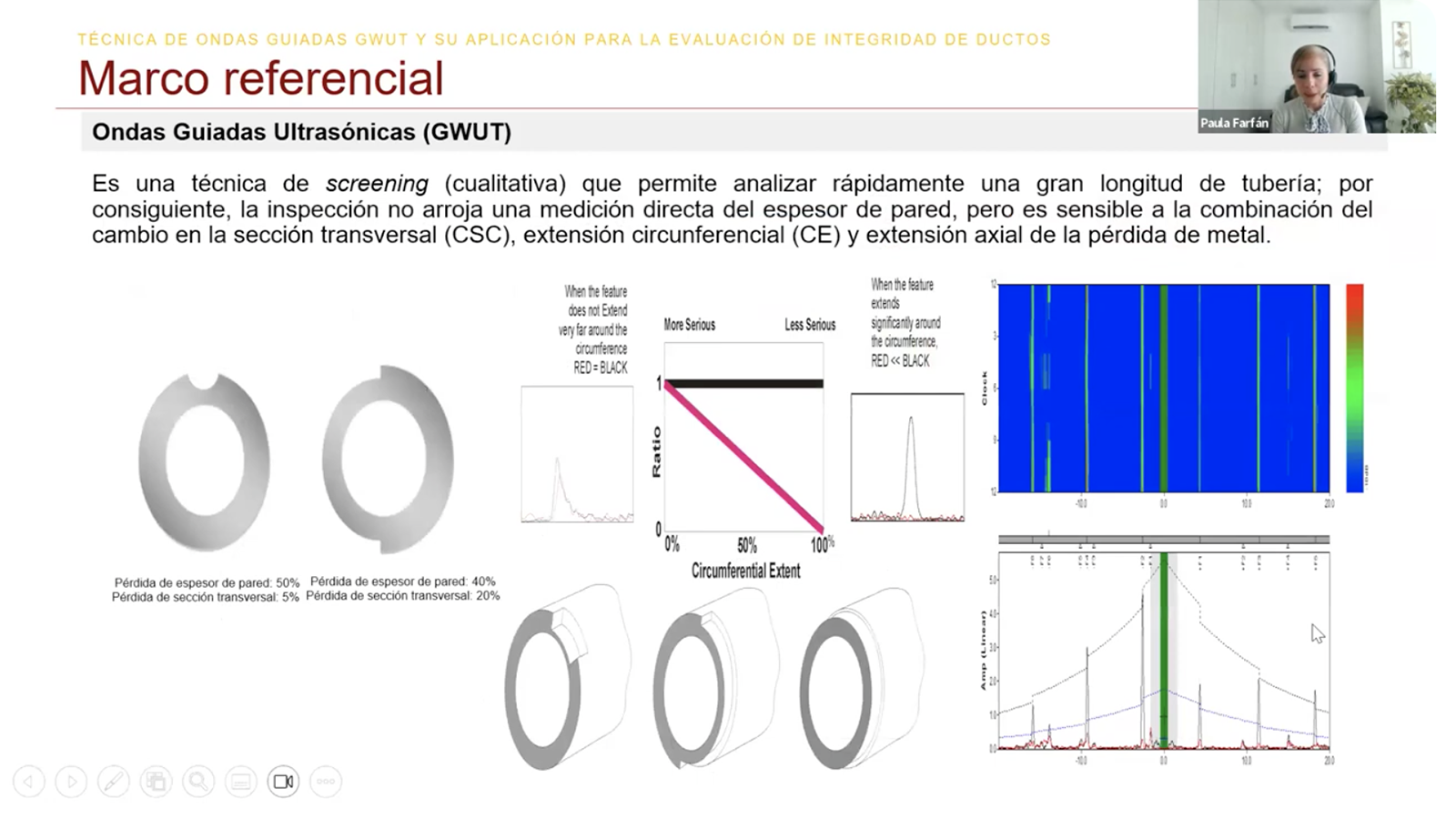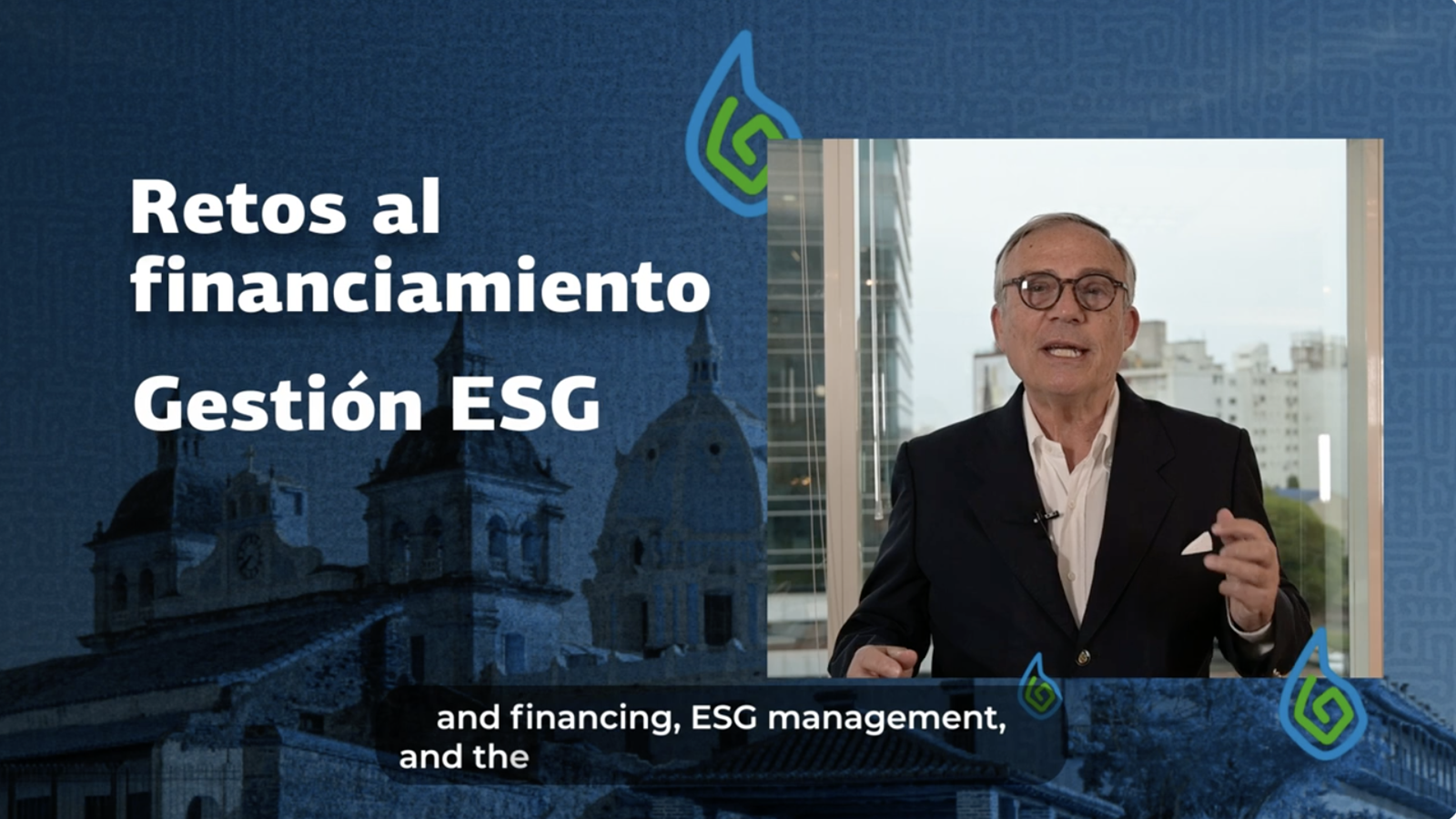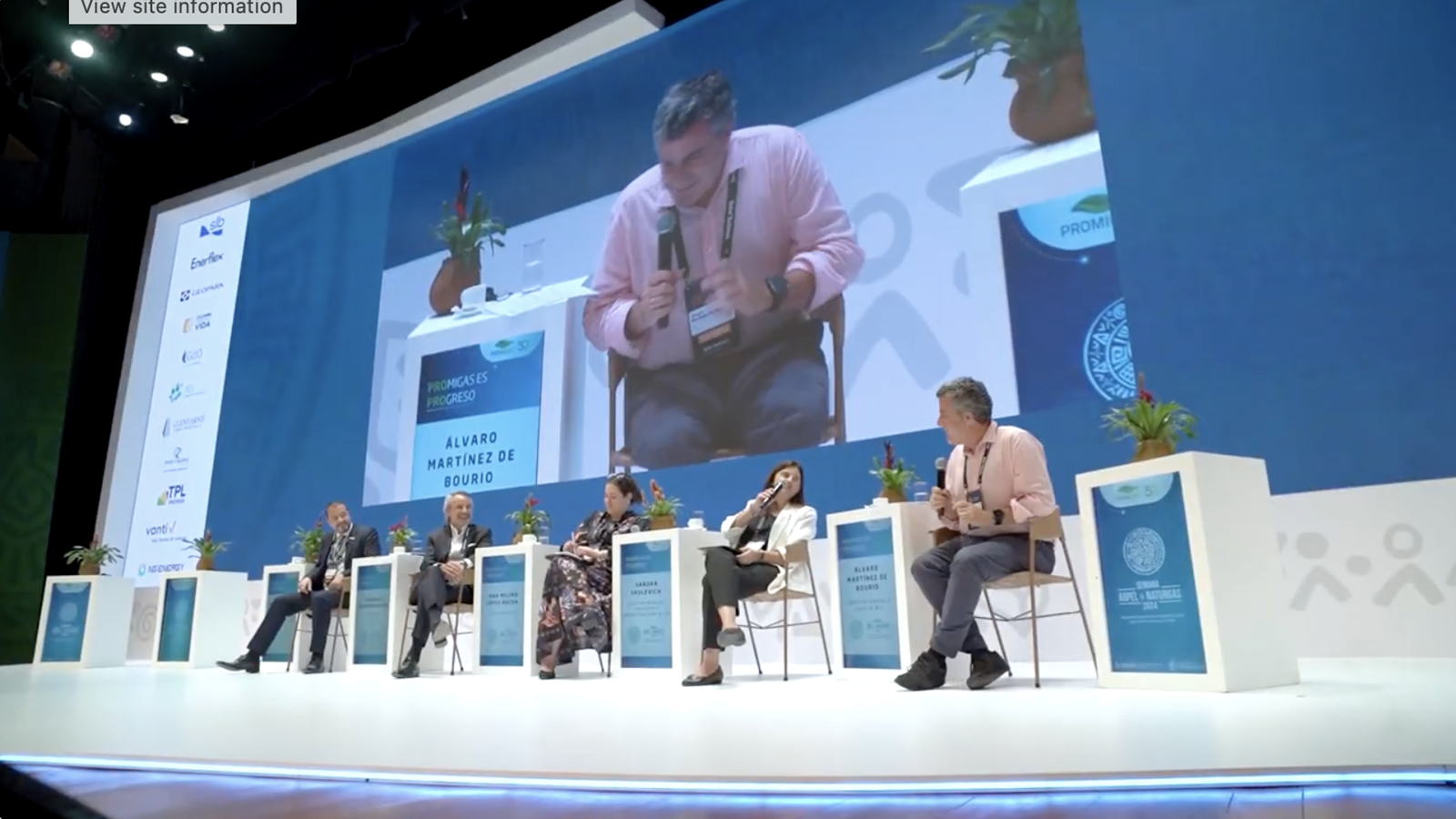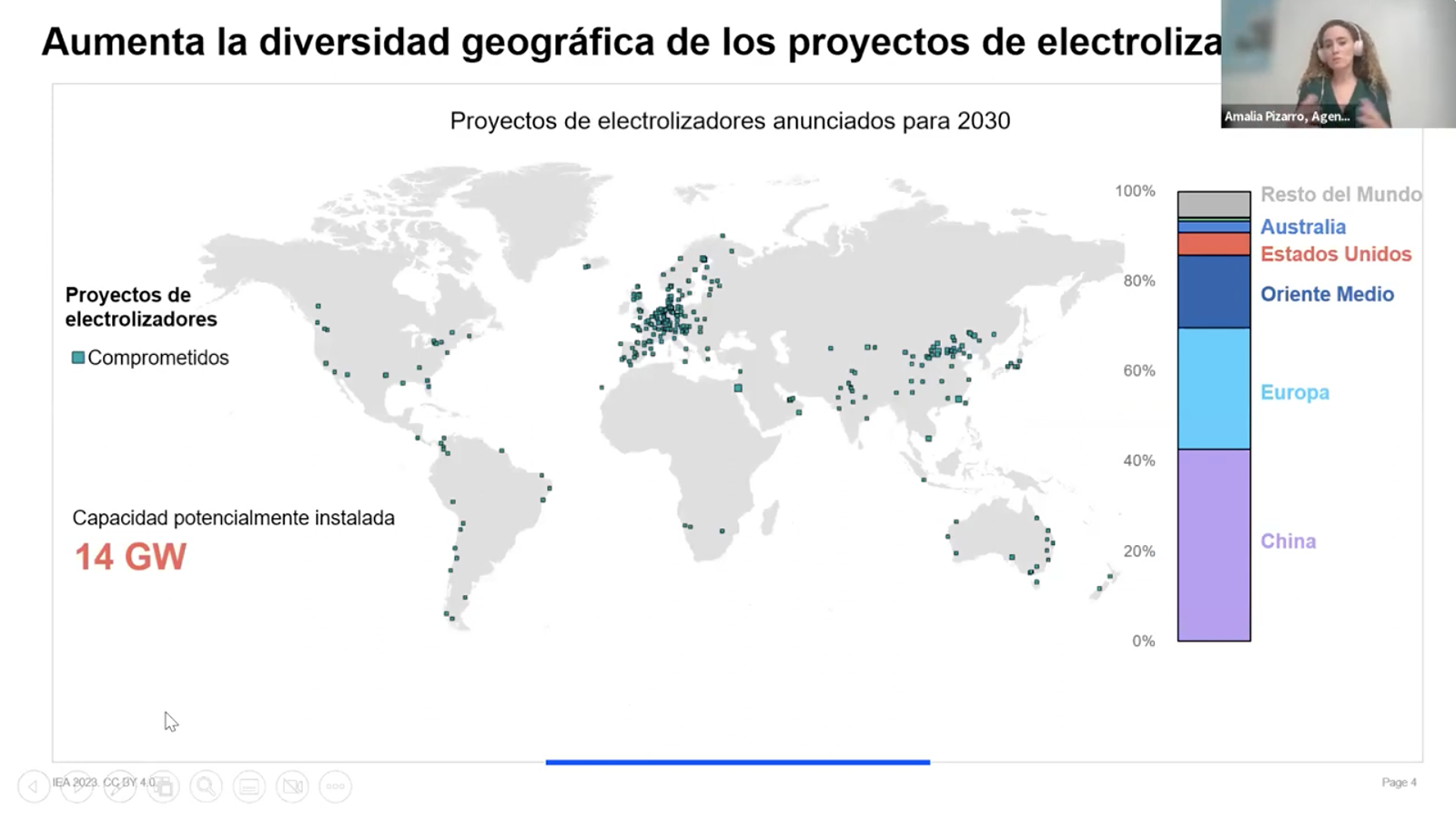
ENAP hosted the Workshop for the Exchange of Best Practices in Environmental Processes of Refineries, which took place from November 6 to 8 in Concón, Chile.
The meeting promoted by the Arpel Refining Committee brought together operation personnel, process engineers, plant managers, maintenance and inspection managers, as well as those in charge of relations with the communities and professionals from service providers in the sector from all over the region.
The refining industry of Latin America and the Caribbean, within the framework of the energy transition, climate change and the perception of communities about the industry, faces the challenge of operating its units efficiently and sustainably to ensure competitiveness and the energy security of their countries.
The exchange of best practices and knowledge between professionals from different companies is a key factor in achieving this objective and is the mission entrusted to Arpel by the member companies.
“In a context where the energy transition is a priority, we recognize that our industry is essential,” said Ricardo Buyatti, Arpel Downstream Manager.
The opening of the workshop was attended by Gloria Maldonado, President of the Board of Directors of ENAP, and Julio Friedmann, General Manager of ENAP.
The agenda had 4 thematic axes: Legal Responsibility; Best practices in Slop reduction, new additives, and final disposal; Biological Treatment Systems, and Optimization of water consumption, which were presented by representatives of ENAP, YPF, Halliburton, PAE, Ecopetrol, Honeywell UOP, Becht, Nalco Water, Worley Comprimo and SGS Sulphur Experts.
As part of the program, the workshop included a visit to the Aconcagua Refinery and the wetland at the mouth of the Aconcagua River.






